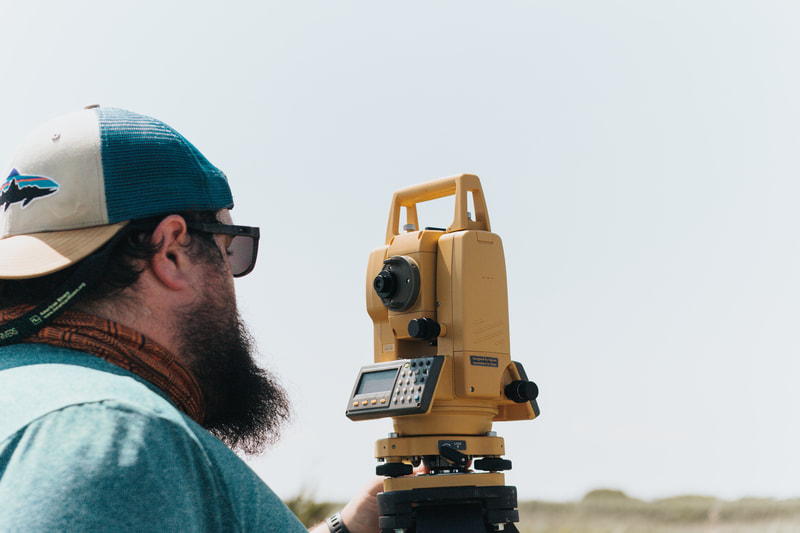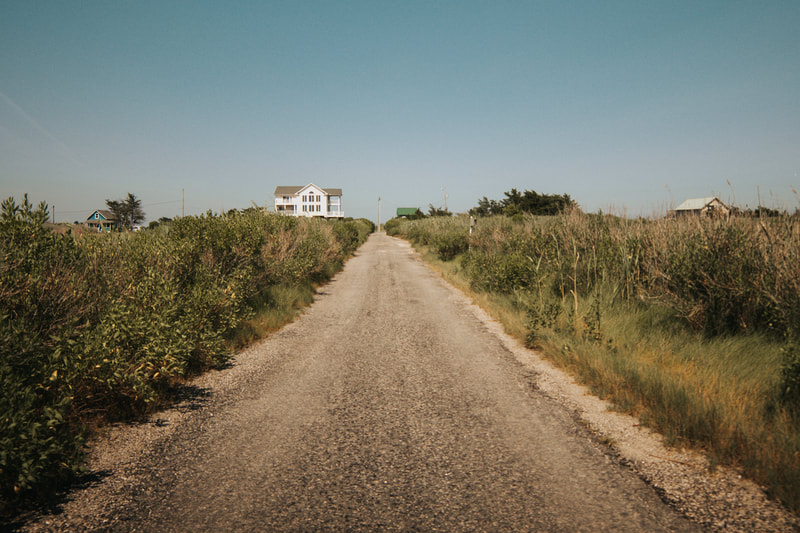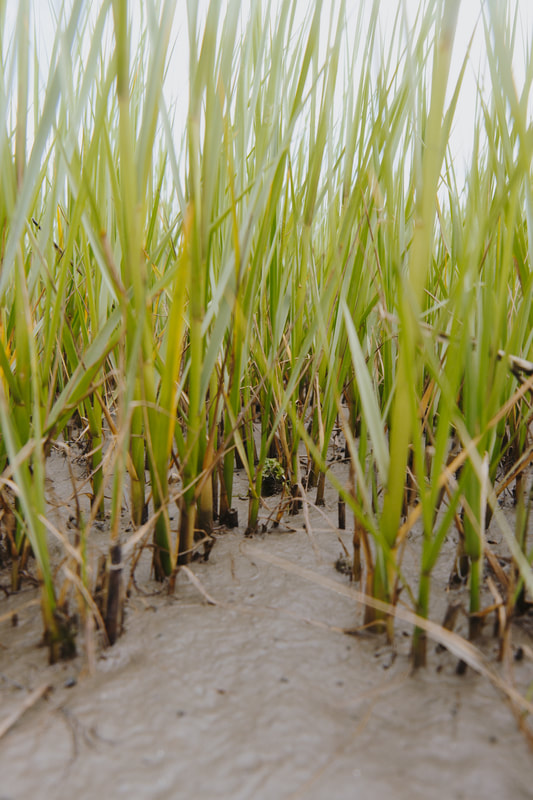COASTAL WATERSHED ASSESSMENT & MANAGEMENT
GEO 490: Selected Topics
DR. JOSEPH ZUME - SHIPPENSBURG UNIVERSITY
Course Description:
This course will explore some of the critical water resources issues in coastal watersheds and aquifers and management options. Coastal zones contain vast areas of wetlands, marshes, swamps, estuaries, bogs, and fens, which play a crucial role in nutrients cycling and the ecological biodiversity of coastal environments. In addition, they provide shoreline stability by holding flood waters, and absorbing wind and tidal forces. Vegetation in wetlands also helps to control water erosion. Globally, acreage of wetlands have been disappearing due to human impact, resulting from draining, mining for sand, dredging, pollution, building developments, recreation, and agricultural activity. More recently, climate change is forcing sea level rise, causing the additional problem of saltwater encroachment into coastal groundwater systems (coastal aquifers). This course will be field-intensive, involving both qualitative and quantitative data gathering on both surface and groundwater systems within the coastal zone of the Chincoteague axis. Specifically, our applied studies will focus on sites around Wallops, Chincoteague, and the Assateague Islands, as well as Ocean City and Pocomoke (in MD).
Marketable Skills Gained from This Course:
Evaluation of best management practices
Data analysis
Environmental assessment
General Description of Field Activities:
Approximate Amount of Course Time Spent in Field:
55%
Prerequisites:
None
Required Textbook or Supplies:
Ethernet cable, calculator, field notebook, and lots of bug spray for field work.
Number of Students:
3-15
Chincoteague Bay Field Station Fee*:
3 week course; housing and meals included
Salicornia; $1,555
Traditional; $1,405
Fees are subject to change at the discretion of the board of directors
* Does not include university tuition or fees. For specific policy on CBFS fees, click HERE.
This course will explore some of the critical water resources issues in coastal watersheds and aquifers and management options. Coastal zones contain vast areas of wetlands, marshes, swamps, estuaries, bogs, and fens, which play a crucial role in nutrients cycling and the ecological biodiversity of coastal environments. In addition, they provide shoreline stability by holding flood waters, and absorbing wind and tidal forces. Vegetation in wetlands also helps to control water erosion. Globally, acreage of wetlands have been disappearing due to human impact, resulting from draining, mining for sand, dredging, pollution, building developments, recreation, and agricultural activity. More recently, climate change is forcing sea level rise, causing the additional problem of saltwater encroachment into coastal groundwater systems (coastal aquifers). This course will be field-intensive, involving both qualitative and quantitative data gathering on both surface and groundwater systems within the coastal zone of the Chincoteague axis. Specifically, our applied studies will focus on sites around Wallops, Chincoteague, and the Assateague Islands, as well as Ocean City and Pocomoke (in MD).
Marketable Skills Gained from This Course:
Evaluation of best management practices
Data analysis
Environmental assessment
General Description of Field Activities:
- Explore the interaction between surface and groundwater in the coastal environment using different approaches, including analyzing data from monitoring wells as well as near-surface geophysical techniques.
- Integrated approach to data collection, analyses, and interpretation.
- Kayaking and boating may be the key means for collecting water quality data on creeks, in the bays, and in the ocean (you will not kayak in the ocean).
Approximate Amount of Course Time Spent in Field:
55%
Prerequisites:
None
Required Textbook or Supplies:
Ethernet cable, calculator, field notebook, and lots of bug spray for field work.
Number of Students:
3-15
Chincoteague Bay Field Station Fee*:
3 week course; housing and meals included
Salicornia; $1,555
Traditional; $1,405
Fees are subject to change at the discretion of the board of directors
* Does not include university tuition or fees. For specific policy on CBFS fees, click HERE.




